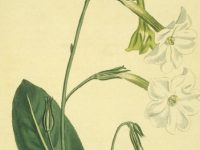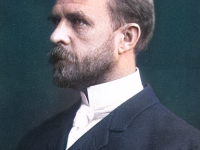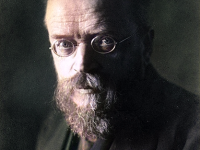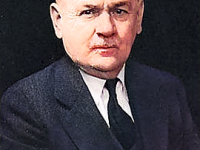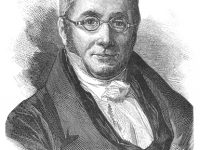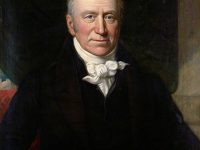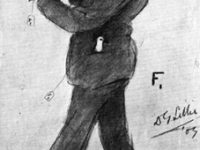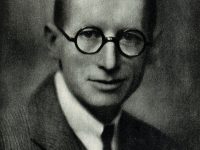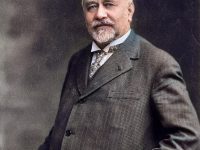Edward Murray East and the Hybrid Corn
On October 4, 1879, American plant geneticist, botanist, agronomist and eugenisist Edward Murray East was born. East is known for his experiments that led to the development of hybrid corn and his support of ‘forced’ elimination of the ‘unfit’ based on eugenic findings. “Genetics has enticed a great many explorers during the past two decades. They have labored with fruit-flies and guinea-pigs, with sweet peas and corn, with thousands of animals and…
Read more

